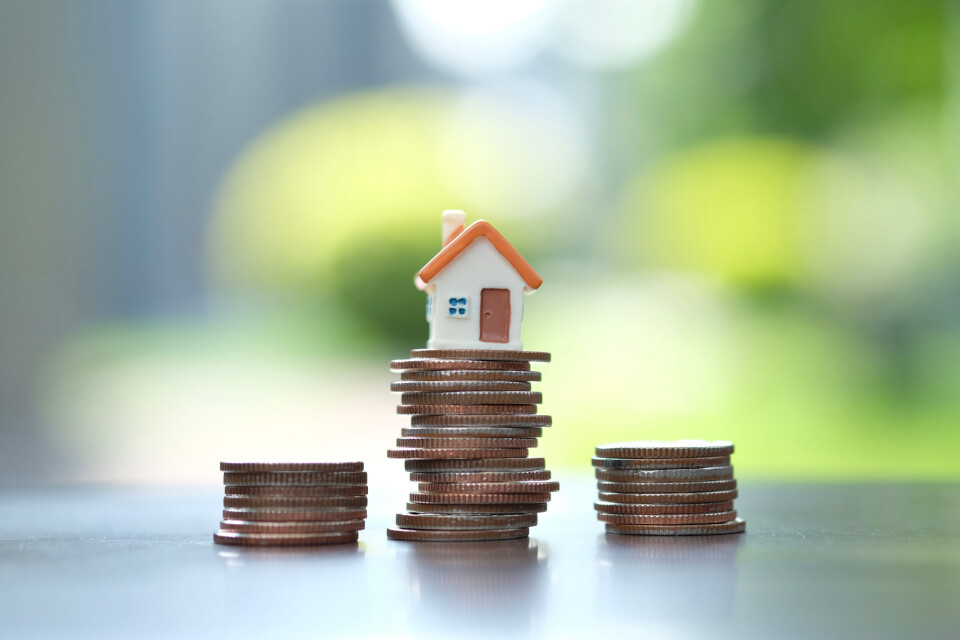-
Police across France hunt abandoned cars to free up spaces in urban areas
Vehicles cannot be parked on a public road in the same place for more than seven days
-
Senators examine proposal to guarantee access to cash machines in rural areas of France
Some 18.6% of French communes had access to at least one local ATM in 2024
-
French weekly weather forecast February 9-13: Unsettled with winds of up to 100km/h
Flood risk may increase in several regions and mountain conditions set to worsen
Price of new properties reaches all-time high in France
The rise has been dubbed the ‘Covid effect’ due to soaring costs of raw materials, with Rennes having seen the highest increase, making it more expensive now per m² than Bordeaux

The average price of a new property in France has soared in the past year, reaching a record €5,195 per m² in towns with more than 45,000 people – the highest it has ever been.
The figures come from the latest barometer from new housing specialist, le Laboratoire de l'immobilier, published by BFM Business.
It shows that the average price of a new property in France rose by 5.7% in the past 12 months, reaching a new record.
This has been attributed to the ‘Covid effect’, which has caused a “structural lack of supply”, and caused the cost of raw materials to soar, the study said.
The highest rise was seen in Rennes, Brittany, where the cost of new housing has risen by 9.7% over one year, rising above €5,000 per m², to €5,055.
This means that Rennes has become more expensive per m² than Bordeaux.
Prices in Toulouse and Grenoble have also increased by more than 8% (8.4% and 8.1% respectively).
In Lille, prices have soared by 7.9% over a year to reach €4,203 per m², while the town of Villeurbanne (sometimes considered to be Lyon’s 10th arrondissement) has seen prices rise by 8.8% in a year.
Paris is still the most expensive city for new housing, at €12,498 per m² on average, followed by Lyon (€6,386) and Nice (€6,098).
In Ile-de-France, some properties in some neighbourhoods, such as Levallois-Perret and Boulogne-Billancourt, have even become more expensive than central Paris.
Franck Vignaud, director of Laboratoire de l’Immobilier, said that it was difficult to predict whether prices would continue to rise. He said that it could happen, but that a lack of borrowing power among potential buyers could also lead to a drop.
He told BFMTV: “For the moment, no one knows if this inflation is temporary or if it will last. It is true that the risks of inflation could lead banks to raise their interest rates, thus reducing the borrowing capacity of potential buyers, which could ultimately have a dampening effect on property prices.”
However, he said that “historically low interest rates” could continue to have a “significant impact on demand”, and that investors particularly would likely continue to drive demand.
Related articles
MAP: How have property prices changed across France in 2021?
What is the impact of energy ratings on French house prices?
Buying and selling a home in France: What is the viager system?
























